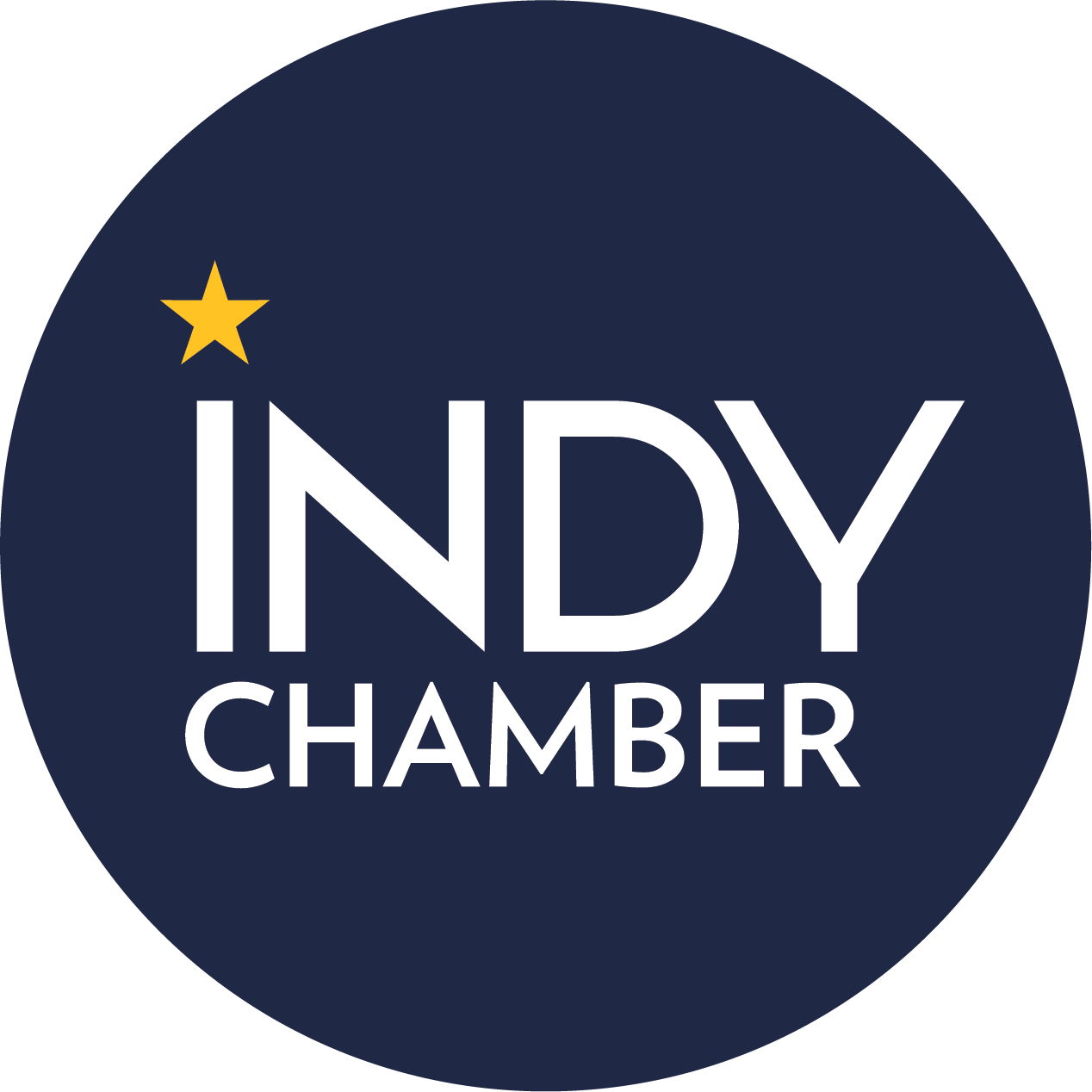2019 Legislative Priorities

2019 Priority Issues
Early Childhood Education:
GOAL: Ensure children entering primary (K-12) education are academically, socially and emotionally prepared for success through high-quality, publicly-funded Pre-K programs; increased public investments should focus on those in financial need and support statewide access, while protecting funding and service levels in high-demand, high-capacity ‘pilot’ counties. Further, enact mandatory, fully-funded, full-day kindergarten by age 5 to create a consistent, quality early education pathway
OUTCOME: HB1628 passed, expanding ‘On My Way’ pre-K to all Indiana counties while maintaining current funding levels ($22M annually) and protecting service levels in existing pilot counties (like Marion). The bill also expands eligibility for households led by grandparents, sibling guardians or others who may meet income guidelines but not work requirements.
It represents another foundational step towards accessible and affordable quality early learning programs that will pay off for our future workforce and economy.
Diversity:
GOAL: Reinforce and enhance Indiana’s brand as a welcoming and diverse state by:
Enacting “bias crime” penalties for criminal offenses where it can be proven that the victim or target is intentionally selected because of personal characteristics enumerated by law
- Updating the state’s current anti-discrimination law to prohibit discrimination on the basis of sexual orientation and gender identity in housing, employment and public accommodations
- Restoring the eligibility for in-state tuition and financial aid to state colleges and universities for foreign born students who have matriculated through the Indiana K-12 system
OUTCOME: SB198 was passed and sent to the Governor’s desk for approval. This action marked the most substantive movement on bias crimes legislation in the last 20 years. We now have a law on the books that hopefully removes us from the dwindling list of states that turn a blind eye to bias crimes.
Regardless of this outcome, bias crimes will remain a top Indy Chamber priority as we continue the push to strengthen this law so no citizens are left behind or denied equal protection. We still have work to do in continuing to build a competitive business climate and protect all Hoosiers at risk of being targeted by bigotry and intolerance, but this legislative action in 2019 was a major step forward.
Interlocal/Regional Investments:
GOAL: Support a statewide approach that encourages interlocal collaboration, allows catalytic investments in regional priorities, and creates a fiscal framework to fund essential services such as public safety and infrastructure
OUTCOME: The Regional Cities Development Fund was phased out of the budget, with responsibilities transferred to the Business Promotion & Innovation Fund, while SB563 created a new redevelopment tax credit to encourage reinvestment and new urban development.
Other reforms of the local/regional revenue structure will earn the spotlight during interim study committees: SB565 includes a study of ‘regional investment hubs’ allowing localities and regional development authorities to build ‘own source’ revenue capacity to pursue ongoing capital needs and transformative economic development projects. The distribution of local revenues based on residence and employment and potential state-county revenue sharing are also headed for the summer study agenda.
The Indy Chamber will also be engaged in next steps with the Indianapolis MPO and Regional Development Authority (RDA) as they explore a new governance structure.
Brownfields:
GOAL: Accelerate community reinvestment and accessible employment opportunities in and around brownfield sites, driving economic development and maximizing property values by:
- Restoring funding to Indiana Finance Authority’s Brownfield Grant Program, adding IFA staff capacity to administer the program, reduce wait times and extend technical assistance efforts;
- Expanding grant and loan resources for “Phase I” and “Phase II” environmental site assessments for former brownfields;
- Creating tax incentives based on employment on former brownfield sites
- Expanding flexibility of a redevelopment commission to sell or transfer a title to real property which is undeveloped, underdeveloped, or considered blighted due to the real or perceived threat of environmental contamination for private development
OUTCOME: The budget (HB1001) increased funding by $1 million per year for the Excess Liability Fund, a fund used to fund brownfield remediation program under the Indiana Finance Authority (IFA) and leverage federal funding. This increased funding marks a modest step in a positive direction. SB563 created a redevelopment tax credit to give state and local economic development officials another tool for attracting investment to chronically-vacant properties, including blighted brownfield sites (which earned some scoring preference for identifying qualified redevelopment sites).
Healthy Workforce:
GOAL: Support a comprehensive approach to increase the health, wellbeing and productivity of Indiana’s current and future workforce through supporting policies such as:
- Increasing Indiana’s current cigarette tax by two dollars per pack:
- Revenue resulting from the cigarette tax increase should be used to address Indiana’s public health challenges including physical, mental health and addiction
- Raising the statewide legal age to purchase tobacco products from 18 to 21:
- At a minimum, the state should remove restrictions on local governments from enacting ordinances to raise the age to 21
- Repealing preferential treatment for smokers in the workplace (“Smokers’ Bill of Rights”)
OUTCOME: Despite overwhelming constituent support, there was no movement on cigarette taxes, as lawmakers deferred the opportunity to gain $350M in revenue (with a $2-per-pack increase) while building a healthier, more productive workforce, even as the Medicaid budget continues to outgrow projections as one indicator of Indiana’s lagging public health.
Additional Reading
Legislative Priorities Index
Quick Connect Links

